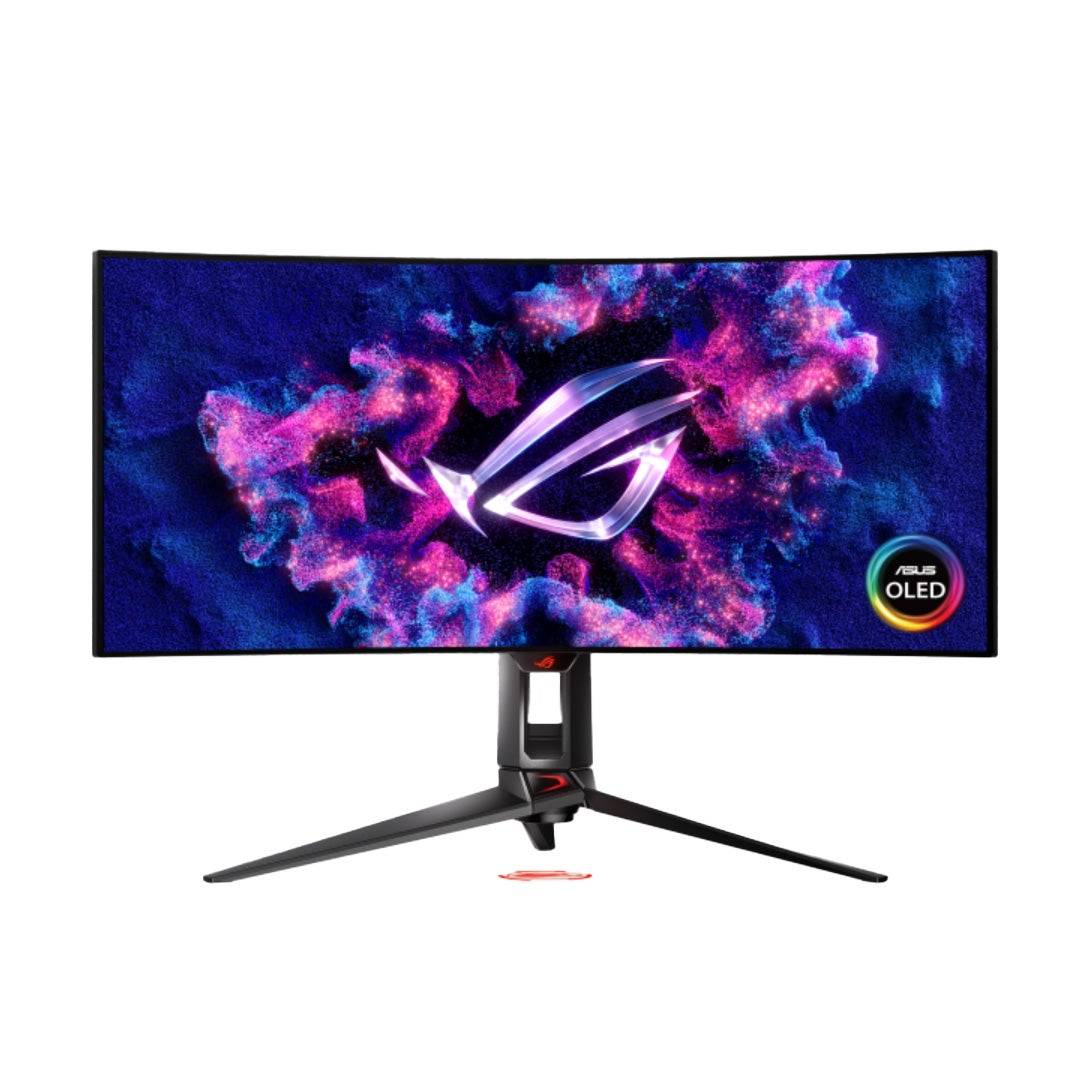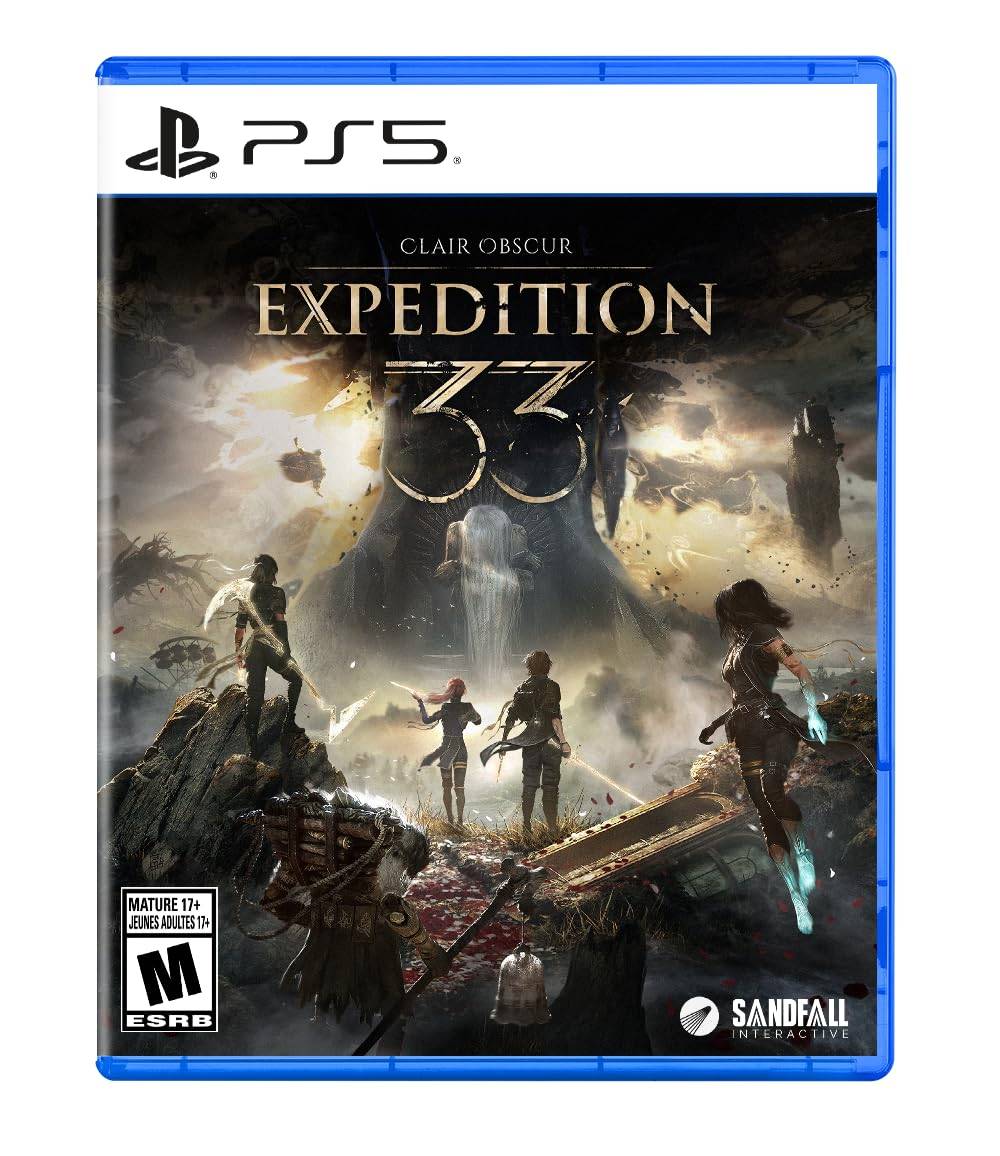TikTok's weekend ban dominated headlines, but the fallout extended beyond the social media giant. Popular games like Marvel Snap, also under ByteDance's umbrella, were similarly pulled, leaving developer Second Dinner scrambling. This incident highlights the precarious position of gaming companies caught in geopolitical crossfire.
The TikTok ban, though short-lived thanks to President-elect Trump's intervention, showcased ByteDance's strategic gamble. The company's "all or nothing" approach, however, left developers like Second Dinner uninformed and scrambling for damage control. While Marvel Snap's return is promised, the incident raises concerns about ByteDance's prioritization of social media over gaming partnerships.
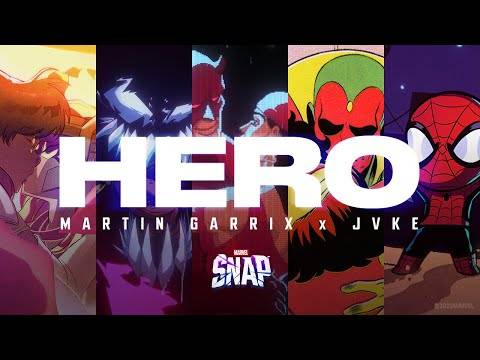
ByteDance's actions appear calculated. The TikTok ban and subsequent reinstatement generated significant media attention, a move that ultimately benefited the company. However, this political maneuvering inadvertently ensnared other gaming titles, leaving developers to manage the fallout. Second Dinner, for example, is offering in-game rewards to compensate players for lost access. This incident casts doubt on the stability of ByteDance's gaming partnerships.
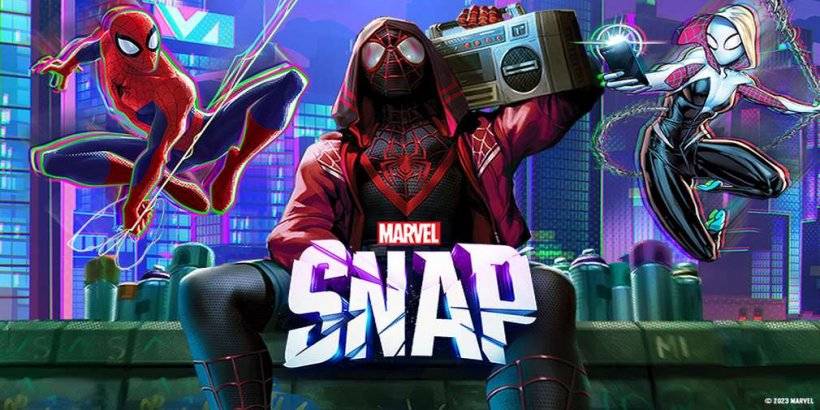
This isn't ByteDance's first misstep in the gaming sector. Past layoffs and canceled projects demonstrate a fluctuating commitment to gaming. While Marvel Snap initially suggested a shift towards partnerships, this recent event suggests otherwise. The lack of communication and subsequent damage control required from Second Dinner could deter future collaborations with ByteDance. Disney, with the successful launch of NetEase's Marvel Rivals, may also be reconsidering its alliances.
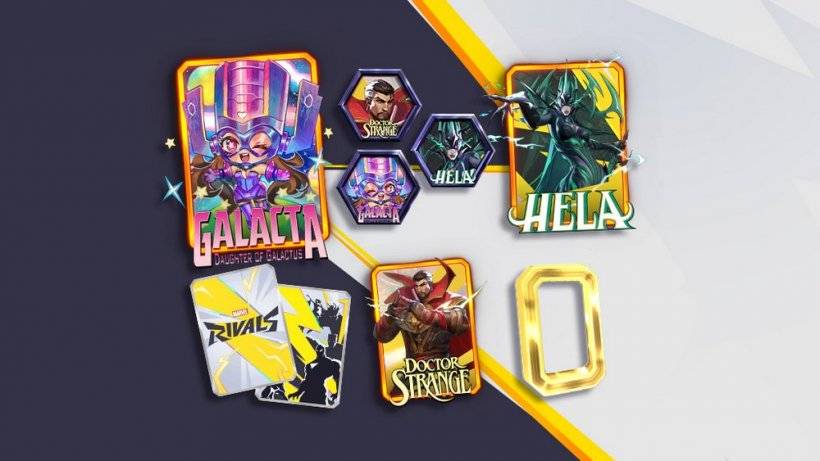
The implications extend beyond ByteDance. Tencent, NetEase, and other Chinese gaming companies could face similar scrutiny. The FTC's actions against MiHoYo further underscore the increasing regulatory pressure on the industry. ByteDance's gamble, while successful in its immediate objective, sets a troubling precedent. The vulnerability of gaming to political maneuvering and the potential for user backlash should not be underestimated. The future remains uncertain, with the potential for further disruptions and escalating tensions.


